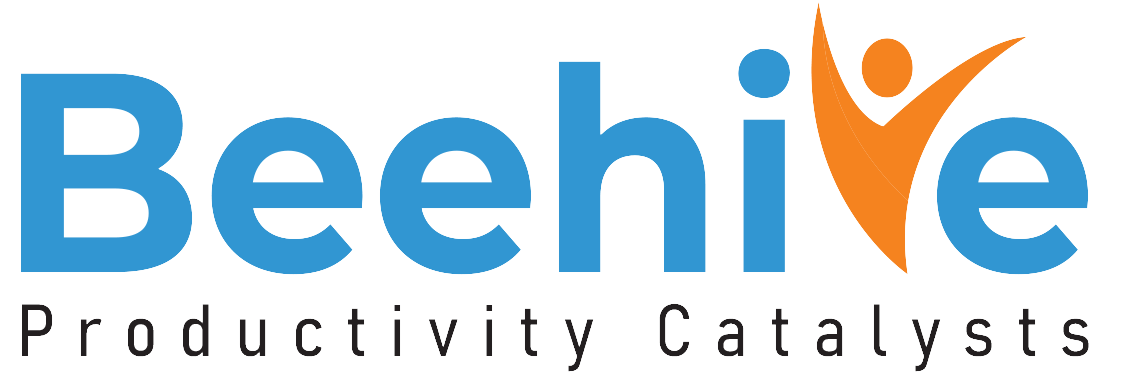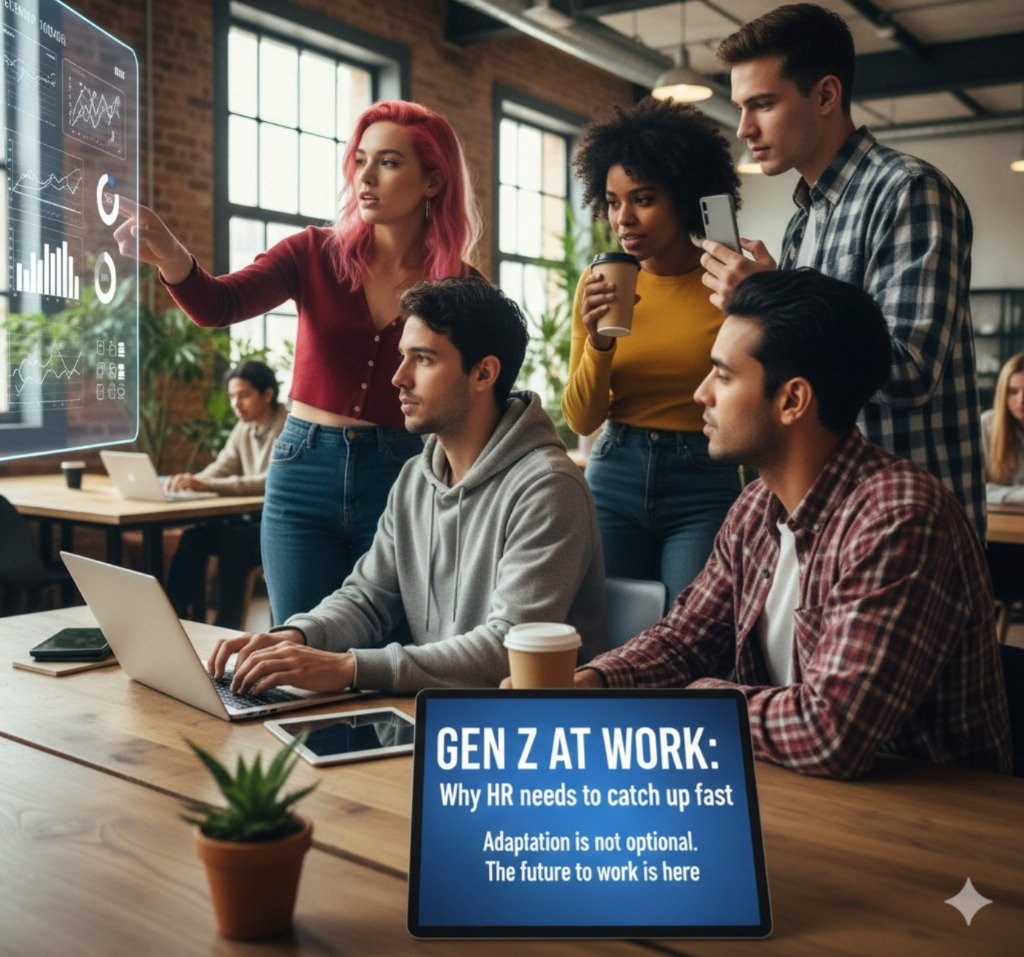For years, corporate discussions framed Gen Z as “the future workforce.” That framing no longer holds true. Gen Z has already arrived. They are in our offices, on our Zoom calls, and in our frontline teams. In India’s urban centers, Gen Z now makes up a growing share of the workforce—estimates suggest nearly one-third of employees in tech-enabled sectors are under 27.
This generation is not waiting for tomorrow. They are shaping today. And with them comes a shift in expectations that is reshaping HR playbooks. They want flexible work, faster career growth, real recognition, and well-being that isn’t a side policy but a cultural norm.
Companies that still think of Gen Z as “the future” risk falling behind. The real question for leaders is not how to prepare for them but how to adapt right now.
The arrival of Gen Z in India’s workforce
India’s demographic advantage is now visible in boardrooms and breakout rooms. With a median age of just 28, the workforce is younger than ever before. Gen Z (those born between 1997 and 2012) are not interns waiting in the wings. They are already managers, coders, analysts, designers, and sales executives.
In sectors like IT, startups, and retail, this generation accounts for a significant slice of the employee base. A Deloitte survey in 2024 found that 49% of Gen Z professionals in India already influence decision-making at work, either directly or indirectly. That is not the future. That is the present tense of work.
What makes Gen Z different from previous generations
Every generation brings its own workplace culture. Baby Boomers valued stability. Millennials demanded balance. Gen Z is rewriting the playbook around three core themes:
- Flexibility: They don’t see work as tied to a desk or location. Flexibility is a baseline expectation.
- Speed of growth: They want to see progression, in months and years. Stagnation is a dealbreaker.
- Holistic well-being: Mental health, work-life balance, and purpose are as important as pay.
This generation grew up with smartphones, social media, and instant gratification. Naturally, they expect workplaces to function with the same speed and transparency.
Why traditional HR systems are falling short
Legacy HR models were built for consistency. Annual appraisals, rigid hierarchies, and one-size-fits-all engagement programs feel outdated to Gen Z.
An employee who is used to personalized playlists on Spotify and real-time feedback on social media will not respond well to an annual review cycle. They crave feedback loops that are short, meaningful, and actionable.
Companies that cling to old structures risk disengagement and attrition. And given the current competitive talent market, attrition comes with a heavy cost.
Rethinking performance management for instant feedback
One of the most visible shifts Gen Z demands is in performance management. This generation thrives on immediacy. Waiting 12 months to know whether they are doing well—or not—is unthinkable.
Modern performance management needs to be continuous. Regular check-ins, pulse surveys, and project-level feedback make employees feel seen in the moment. It also helps managers adjust expectations and provide support faster.
This is not about coddling employees. It is about aligning with the rhythm of today’s work—dynamic, fast, and iterative.
Real-time recognition as a cultural driver
Recognition is currency for Gen Z. It does not always need to be monetary, but it does need to be visible. A quick “thank you” on a team chat, a badge for a project well done, or public acknowledgment in a town hall carries enormous weight.
Recognition also shapes culture. When organizations highlight collaboration, innovation, or resilience through recognition programs, they signal what matters. For Gen Z, this clarity is motivating. It makes them feel part of something larger than their individual tasks.
Career navigation for rapid growth and skill building
Perhaps the biggest demand from Gen Z is growth. Not just vertical promotions, but opportunities to learn new skills, explore lateral moves, and experiment with different roles.
A LinkedIn survey in 2024 found that 76% of young professionals in India would stay longer at a company if they had access to clear career pathways and skill-building programs. For this generation, learning is not separate from work—it is the work.
Organizations that map out transparent career journeys, provide mentorship, and invest in learning platforms stand a much better chance of retaining Gen Z talent.
The role of technology in meeting Gen Z Expectations
Delivering personalization, real-time feedback, recognition, and career navigation at scale is not possible without technology. This is where HRMS platforms play a defining role.
A modern HRMS can:
- Provide instant recognition tools embedded into workflows.
- Deliver pulse surveys and real-time feedback systems.
- Map skill inventories and recommend learning paths tailored to employees.
- Create dashboards that give employees visibility into their progress and goals.
Technology does not replace the human element of HR. It enables it at scale.
How companies are responding globally
Global giants are already rethinking their strategies. Microsoft has redesigned its performance reviews into quarterly feedback sessions. Google uses peer-to-peer recognition systems that celebrate contributions instantly. Startups in India are adopting AI-driven career navigation tools that suggest training modules based on skill gaps.
The message is consistent: organizations that adapt their systems to meet Gen Z’s expectations are seeing higher engagement and retention. Those that don’t are facing higher attrition and disengagement.
How Beehive HRMS brings this vision to life
At Beehive HRMS, we recognize that Gen Z is not waiting for tomorrow. They are shaping workplaces today. Our platform is designed to help organizations keep pace with this shift.
- Real-time recognition toolscelebrate contributions instantly, boosting morale and reinforcing cultural values.
- Continuous performance managementenables managers to provide regular feedback and employees to track progress anytime.
- Career pathing modulesmap transparent growth opportunities and align skill-building with organizational goals.
- Engagement dashboardscapture employee sentiment in real time, helping leaders act before disengagement sets in.
- Learning and development integrationsensure employees can access relevant training programs aligned with their aspirations.
- Analytics-driven insightsgive HR leaders clarity on trends, enabling proactive strategies rather than reactive fixes.
Beehive HRMS is digitizing HR processes and reimagining them for the workforce we have today. With our tools, organizations can meet Gen Z where they are—fast-moving, growth-oriented, and deeply connected to purpose.
Reflection
Gen Z is here, shaping the now of work and organizations that treat them as tomorrow’s concern risk losing today’s momentum. Those that recognize their influence and redesign systems around flexibility, recognition, and growth will not only attract this generation but also retain them.
The vision is simple. Workplaces must evolve as fast as the people who inhabit them. Beehive HRMS is the ultimate tool to make that evolution real—scaling recognition, feedback, and career growth in ways that resonate with the workforce of today.
Because Gen Z isn’t waiting, they are already leading the way.






